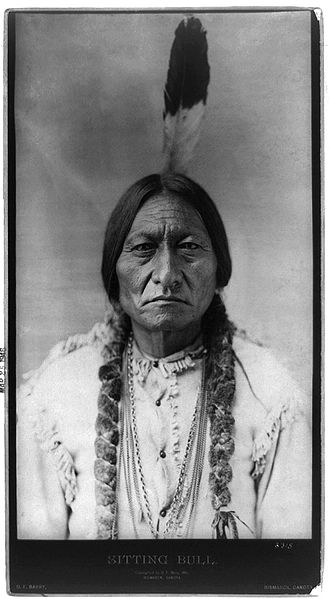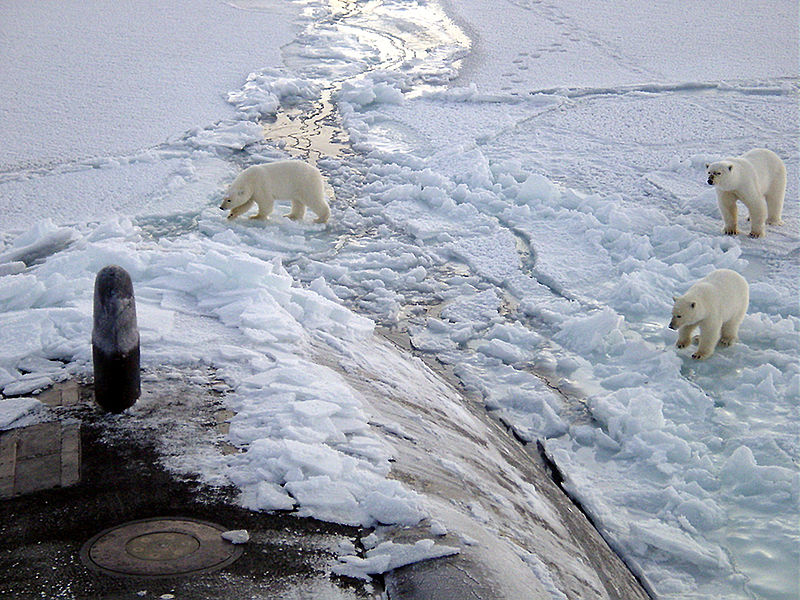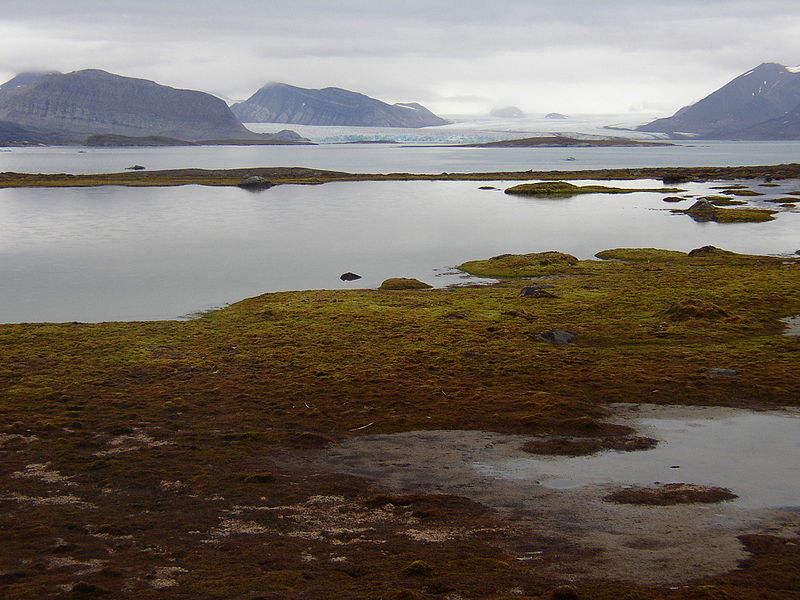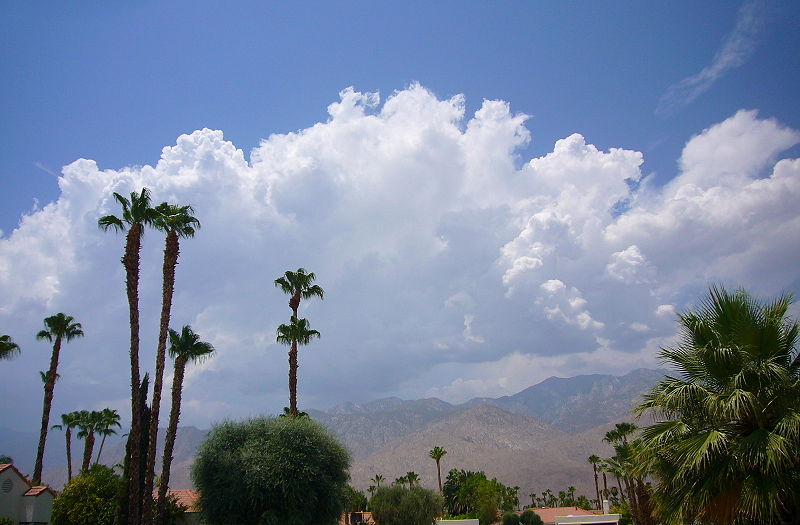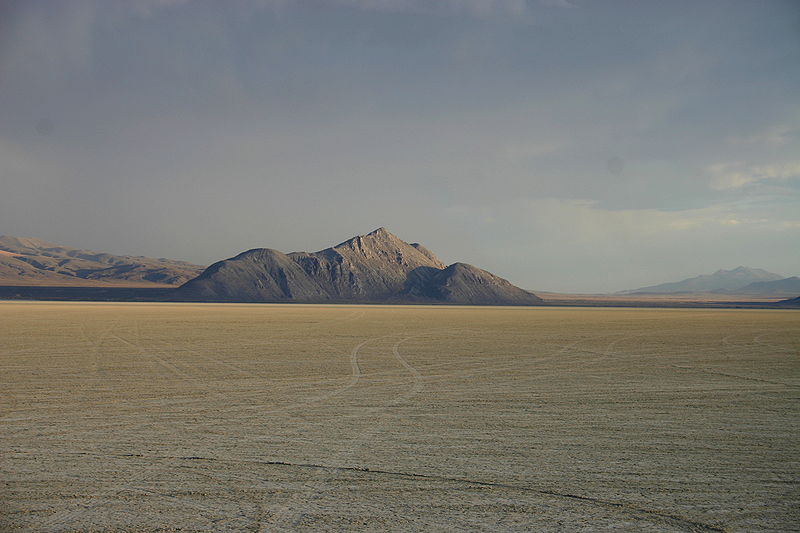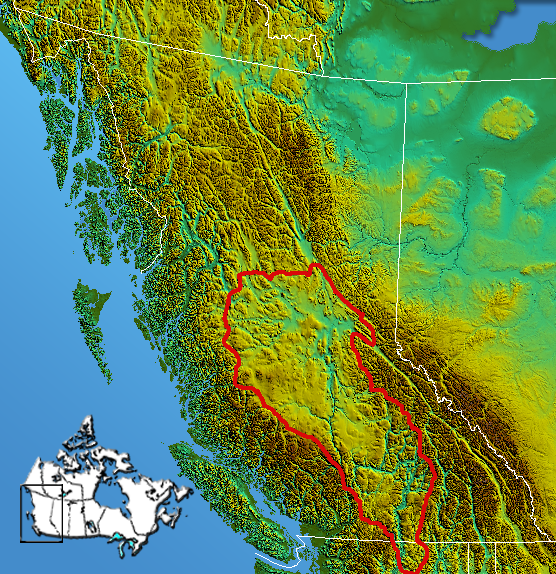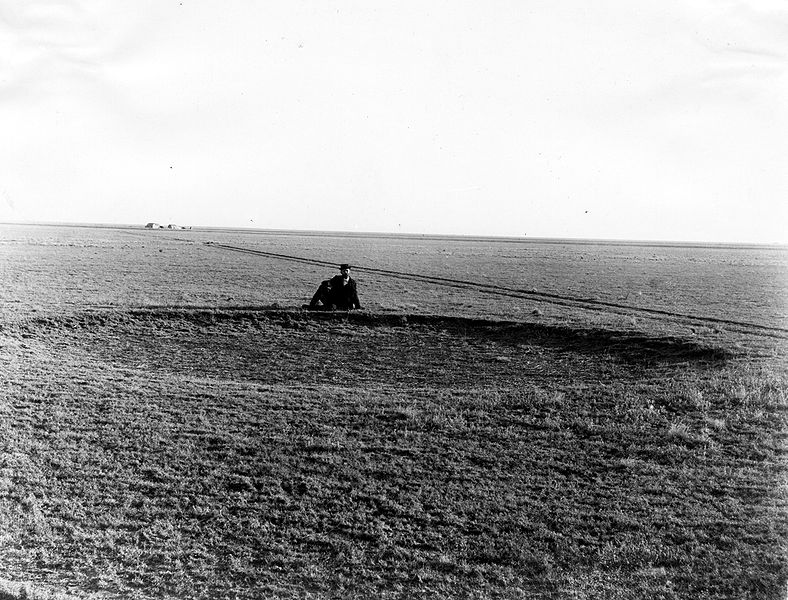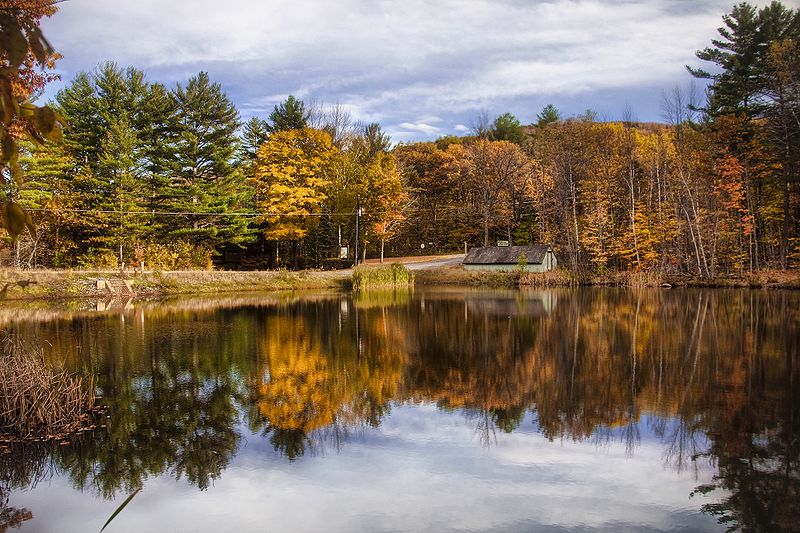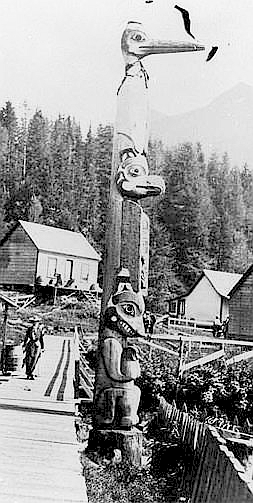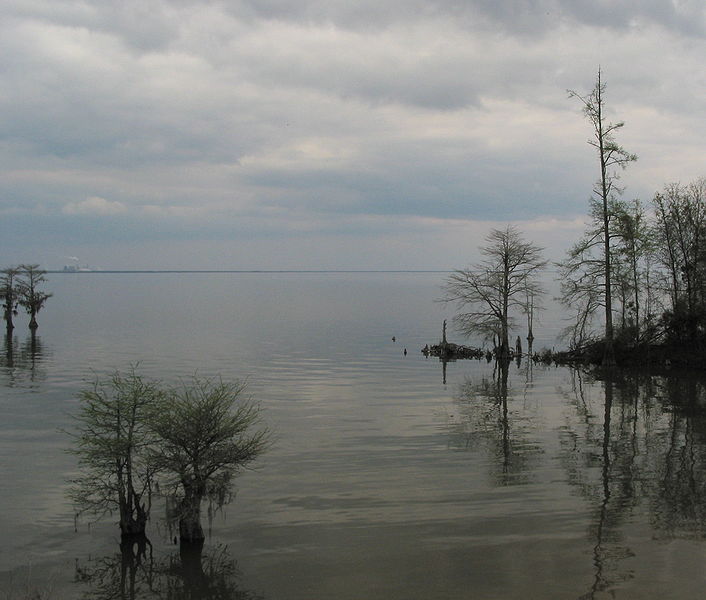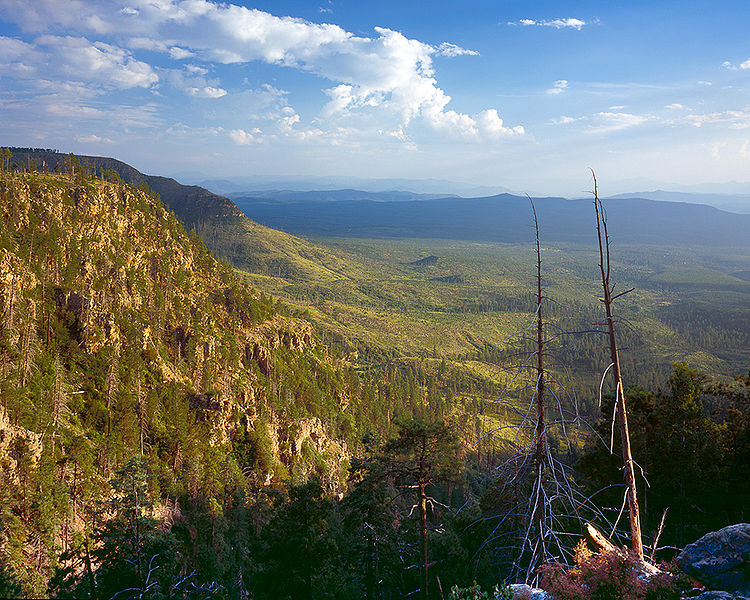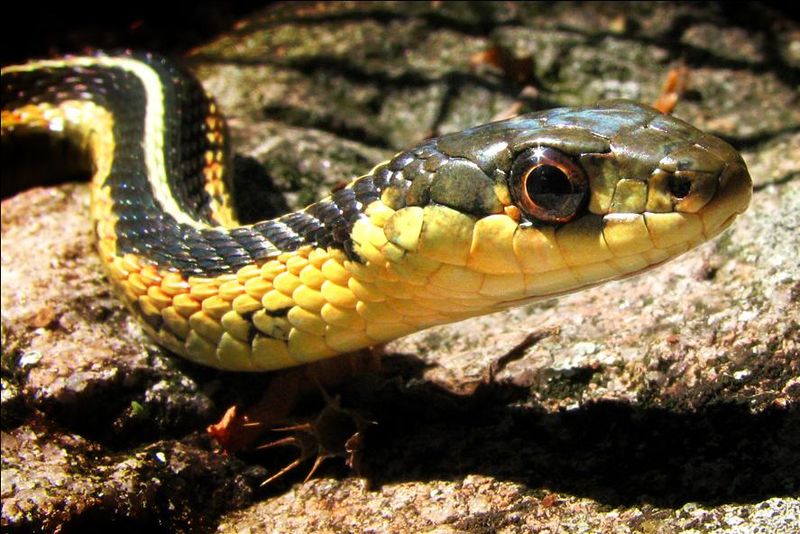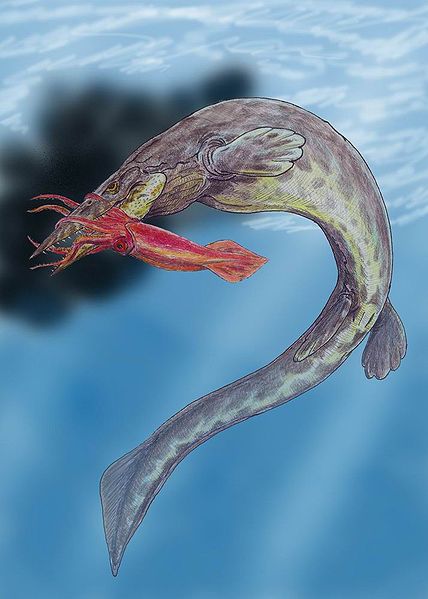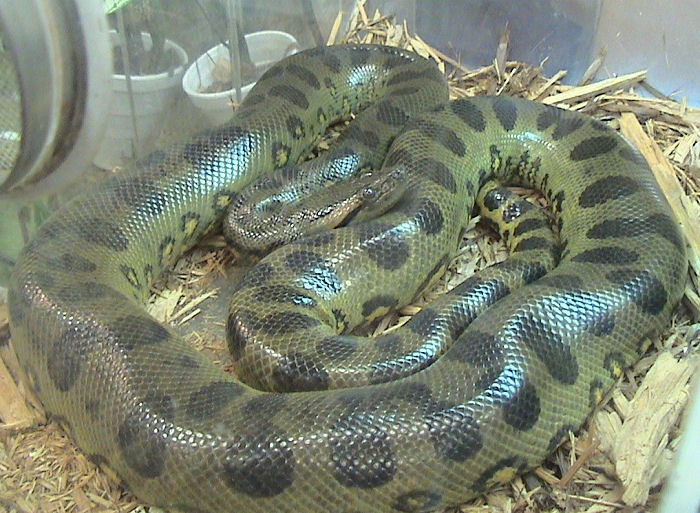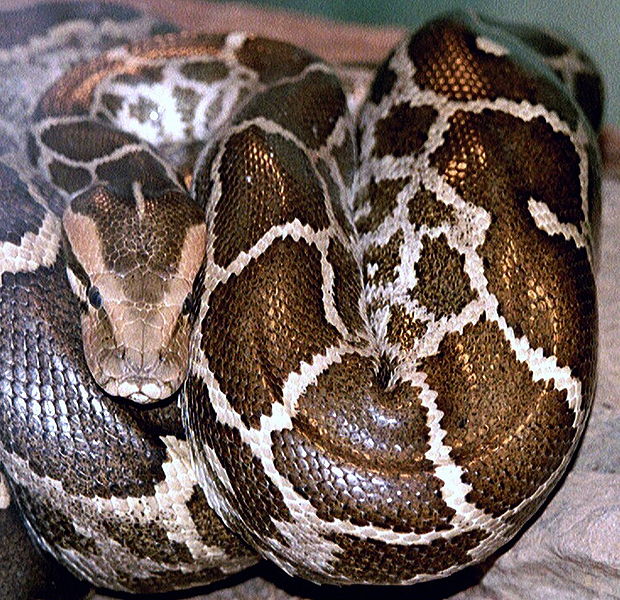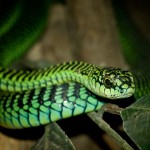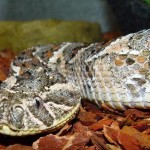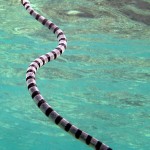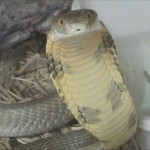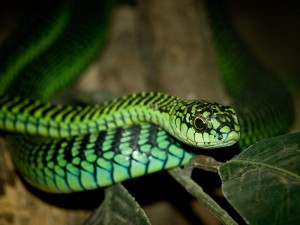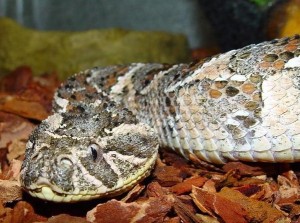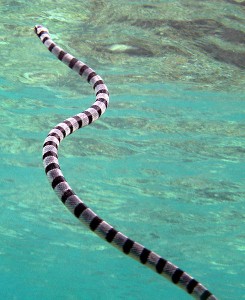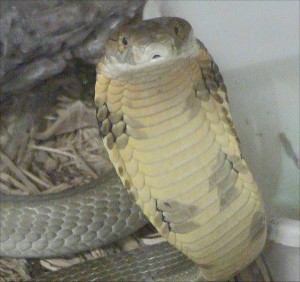The weather on Sunday, March 21st, was sunny, with a cool breeze, a chance of light showers overnight, and punctual. All of which were things that Simon Beadley considered fine indeed, particularly the last. Adjusting the timing was so difficult, particular for the clouds. It never failed to blindside or annoy Simon that what was effectively a very large plume of water vapour was so difficult to point and place properly.
Still, he could see them, and he could steer them. It wasn’t easy, but if it were easy everybody would be doing it, and there would be a thousand thousand glistening and factory-fresh copies of the dented and complex contraption that sat across from his bed, where it was currently watching him engage in fierce battle against his sheets in an attempt to get up and make some coffee. “What are you looking at?” snapped Simon, wresting clinging fabric away from his neck even as it latched onto his legs like an affectionate limpet. The machine, sensibly, didn’t answer. It never stooped to the point of open mockery; that privilege was reserved for Simon’s cat, which was a smug observer to his every moment of downfall. He could practically feel the warm regard of its condescension upon his spine. Simon dealt with this the only way he could: making coffee and deliberately ignoring it. The first took time he no longer possessed, the latter self-control and acting skills he’d never had.
Besides, he was out of milk.
And so, with the lack of milk, the silent stares of his two companions, and the generally satisfactory state of the weather outside as his motivators, Simon Beadley decided that it was time for a walk. Surely everything would be all right if he left for just a short time. He got dressed, put on his less-faded pair of pants and his thick coat that could withstand anything up to and including showers of boiling oil or plagues of frogs, slung his noble and decayed rucksack upon his back, and set off down the ladder, all sixty-two feet of it, dangling from underneath the belly of what had once been a rather small water tower like a silken spider’s thread. Simon reached the ground without incident, with a care born of nonchalant habit rather than worry or stress. His knees may have creaked as a concession to his age, but only in the manner that sequoias did in a heavy breeze.
Finding his way to town was a bit harder than he remembered. The trail that led to the water tower had become a little overgrown, and what should’ve been a ten-minute stroll turned into a half-hour meander through thickets, but with no worse casualties than his patience and a few new spotty holes to adorn his pants at the malicious paws of some briars. “Damnit,” said Simon, and some other words he liked to use at the cat when it was judging him. It was possible they’d grow wild and mutated over the years, a far cry from whatever swearing stock they’d originated from, but he was attached to them quite firmly.
Town itself was a surprise. Some of the buildings had changed, and there was a new street with no stoplights that took him five minutes of indecisive wavering to build up the courage to dash across. At least the store was how he remembered it, although the cashier was new.
“Do you know Laurel?” he asked the girl at the register, as he awkwardly heaved his groceries onto the counter – while looking for the milk, he’d discovered that he’d run short of several other rather important things, like crackers.
“Who?”
“She was here last time – has she gone away? I’m not here often. Very nice hair, very purple. We talked about the weather, I believe.”
The girl’s expression was almost exactly too flat to be called blank. “The weather?” Her hair was brown, not purple.
“Yes, she was very pleasant about it. Said she liked my clouds.” Simon smiled. “Quite nice of her, really, I didn’t think that was my best week – far from it, there were overcast afternoons and a few cloudbursts too many – but she said she liked it. Shook things up or somesuch. I can’t say I believe the same, but it cheered me up some, let me tell you. Could you make some change of this five? I prefer the coins.”
The expression did not change noticeably as the change was given, although part of the girl’s cheek twitched with alarming speed for a split second. Simon was busy accepting his coins at the moment, and didn’t quite catch it.
“Thank you. You know, I’m quite proud of today’s sunshine – it took quite a bit to pull it off, what with it drizzling on and off and on and off all week. You should go out after your shift and have a nice look; it’s going to be clear skies until this evening. Then I’m going to have to let a little shower fall in. I’d give you the excuse of “it’s good for the crops” and all but frankly I’m amazed they haven’t flooded out with all the water they’re getting. It’s just too much to keep pushed away.”
An eyebrow raised. “Is that so?”
Simon hadn’t heard sarcasm aloud since that awful dream three years ago where the cat could speak, and he was fairly sure that deadpan was a sort of Victorian kitchen implement. Besides, he was talking about his favourite thing.
“Yes indeed, I’m sorry to say. I hope it won’t be too much bother, but I’ve been putting it off for a while. With all the drizzle I know one more day of it must be frustrating, but better a bit of sunshine than none at all, eh?”
“Yeah, sure.” It was to her great credit that she managed to keep her eyes from rolling until Simon was well on his way out the door, but somewhat less so was her unstifled laughter, which sounded like a firecracker trapped in a tin can being dropped down a steel staircase.
For a moment Simon’s pace swayed and his face frowned, but then he shook his back like a dog, rucksack a-juddering, and it all washed away from him like rain down a waterspout. Still, his walk quickened step by step, and by the time he’d crossed the new and alarming road again he was nearly running, although he wasn’t quite sure from what. He came to the bottom of the staircase all out of breath, and he had to take a moment to pause and rest.
“Just like the old days, which were the new days, which weren’t as good as the old old days,” he told the water tower, in between coughs. “They listened to me then, remember? Hundreds of them, maybe even thousands! Lots, anyways. Every morning, all of them.” He paused to rub the sweat from his forehead, disparate strands of hair swept into their proper misplacement. “And that was when I wasn’t even important. Hah, now I do the real work and no-one cares – it’s ignorance, plain and simple! Inexcusable and understandable on every level!”
The cat was happy to see him, or at least see his milk. He put some in a dish for it, even though it never touched the stuff and he’d end up having to throw it out when it started to smell funny. It was something they had to do. In the meantime, there was coffee to be made, and once he held brew in hand, milk-laced, it was time to work at the machine.
It began poorly, with him pulling the wrong lever. It creaked and clanked inside in a deep and mournful tone, and in his wincing hurry to correct his error Simon’s elbow embedded itself in a tray of buttons, where it nearly stuck, giving him a nasty bruise and the machine a case of the fits, hiccoughing and galumphing inside so hard that it sounded like a rhinoceros that’d sprung a leak.
“Damnit!” said Simon. “Fludge it! Helpernockel! Shits and shams!” It took him until well into the afternoon to get things fixed so that the machine’s big metal insides were in an agreeable state, and only then could he get down to the really nitty-gritty teensy-tiny details. It was with a hard-worn and heavy heart that he turned the wheel and spun the ticker that would undo his careful, hour-long session of yesterday eve that had kept today so sunny, unleashing the dam of pent-up iresome rain that had spent the hours of clear skies rumbling ‘round the mountains and grumbling to itself.
“Pity,” he said, looking out of the makeshift window he’d cut into the side of the water tower, a great slit that eeled its way around a third of its bulk. The sunshine gleamed no less, but he could already tell what he’d sent its way. “Such a pity.” The cat leered at him, and he threw his sock at it.
The remaining task of the afternoon, of course, was the report.
Simon’s suit was worn and thin and his tie looked like it had been ravaged by vengeful locusts, but he could still stand straight and tall, and he stood straight as a ramrod in front of the machine, staring firmly into its flat, glassy eye.
“Good afternoon, ladies and gentlemen. This is Simon Beadley, with an update for the rest of the week. I hope you’ve enjoyed your sunshine, because that’s all we’re getting for a good time. We’re going to have showers before breakfast, downpours by midmorning, and drizzle throughout the evening, with overcast skies and possibly some lightning overnight and continuing on through ‘till Wednesday. If I can manage it, we should probably get clearer skies by the end of Friday, but I can’t promise anything. Sorry.”
Simon went through the motions of double-checking the machine, then took off his suit, ate a can of cold beans, and went to bed, the vague stirrings of guilt wrapped around him like a second blanket. He drifted into an uneasy, tossing, turning sleep, which melted into a series of confusing dreams. The last was the clearest – he was back at the studio, in front of the bluescreen, presenting everything quite normally, except he was naked. Strangely enough he didn’t mind this, and was trying to continue his forecast without being distracted by the shocked and startled expressions of everyone else in the room. Some of them were making sharp hissing sounds and hand gestures, ordering him off the stage, gesturing to turn off the cameras, stop the broadcast, just like it’d been back when the old old days ended and the old days that were new days began, but for different reasons. The cat laughed at him from its perch astride the camera. One of the crewmen started to drag him bodily off the stage, and then someone dumped a bucket of water on his head. He woke up sputtering with his eyes at the ceiling, where a broad but hitherto unnotable rust patch had given up the ghost and caved in, funnelling rainwater directly above his pillow.
“That is that, and that is THAT!” declared Simon, as he heaved his bed out of the way and examined the sopping frame in disgust. His sheets were ruined. “I try to make a little concession,” he complained to the ceiling, “and this is how you repay me? Just a little break, one little day of sunshine, and then I let you back in personally, and you treat me like this? There are lines and you’ve just crossed all of them!” He marched over to the machine and began yanking levers and twirling dials. “And not a word out of you!” he snapped at the cat over his shoulder. An inaudible snigger was its only reply.
Readjusting the machine took all night and well past dawn, but Simon was too vexed to feel tired. In the end, the only thing that stopped his toil was a button that refused to depress itself, stuck fast in its metal casing.
“Oil, oil, oil” said Simon to himself, impatience seething within him. “And I have none, and I’ve just been to town! Damnit and spannit!” He didn’t climb down the ladder so much as stomp, and although he got lost on his way to town again he was so irked that it didn’t much impede his way, despite the on-and-off showers that pelted him incessantly.
“Just you wait,” he grumbled, as he stepped into the store. He took some time to find the oil, and that calmed him down a little, enough that he only felt a slight twinge of an ill omen brush him by when he recognized the cashier of yesterday.
“I thought you said you weren’t here often,” she commented as she scanned the oil canister.
“It’s urgent,” said Simon. “The weather, you see.”
“Oh,” she said. “What about it?” The total flashed up, and Simon began to hunt for his change.
“The rain. I told you I’d let it in and it simply took it too far – where’s that dollar? I gave it what it wanted after asking it to hold off for one little day – aha, there you are! – and it came down like it owned the place. Well, I won’t take that sort of thing. No more rain! Not forever, but none this week, and only a little the next if I forgive it, which I very well may not! Yes, sunshine for the week, into the weekend, and damn the rain where it stands!”
The girl nodded absently, counting the change on the counter. “Right. You’re short twenty-two cents.”
Simon resumed his search for money, patting pockets, popping buttons, rummaging the inside of his coat like a small dog beset with large fleas, but all it revealed was nothing, acres and acres of nothing and lint. He checked his pant’s pockets, and then at last, in desperation, the breast pocket of his shirt. There was nothing.
“I’m awfully sorry,” he said in a small voice, all the righteous resolve quite gone from him. “I seem to be out of change.”
The cashier sighed. There were several things that affected what she said next. First, she wasn’t here to make a fuss over small coins, second, she’d already waited for at least two minutes for the greyed man in front of her to finish paying and the customers behind him were getting fidgety, and third, in a very tiny way that she probably wouldn’t have admitted to any of her friends, she felt sorry for him.
“Let it go,” she said. “You can pay back with that week of sunshine of yours, if it’s all right with you.”
Hope rose up through Simon’s face like an alarmed meerkat on sentry duty. “Thank you – you have my word on it as a weatherman. This mess will be over and done with by noon! You hear that?” he said, turning to the (increasingly impatient) customers behind him. “By noon! Go home and get ready to get out the tanning lotion!” He swept up the oil and left, his footsteps so light and fast that he seemed to hover through the doors.
“What’s his problem?” she asked the next woman in line, who was buying some beer.
She shrugged. “Search me. One day at the news station, the next out in the woods, that’s all I heard. Nuts, but friendly nuts, and he can still take care of himself fine.”
“Where’s he get the money?”
“Not sure. I heard he turns in beer bottles for some of it, but that’s all I know. Maybe he panhandles now and then.”
Simon wasn’t panhandling now, and he never did, although for some strange reason little donations of canned goods and such would appear at the base of his water tower now and then. No, Simon was working, and working hard. Oil aplenty was let flow, not just on the stuck button but all the various rusted points and parts of the machine, and there were many, many, many of them. The levers were especially bad, and he had to break out his old and gnarled, club-like wrench to provide necessary leverage, which was rustier than the machine itself. When Simon set the oil can down at last it sloshed hollowly, emptied to maybe a third of what it had held before, its contents spread thin and glistening across the machine’s hide and semi-exposed innards, which he decided were more properly outards.
“In or out, they turn and spin and slide and push properly now, at least,” he told the cat, “so stop your smirking!” As usual, it didn’t even dignify him with a response.
After the oiling and wrenching came the work, which also contained wrenching, as the oil had made some of the parts difficult to get a good grip on. Simon used his second-most-worn shirt as an oil rag. The most-worn was part of his suit, which was its elder by some six years at least and had escaped its levels of decay only through his care to only don it for the report.
It was at least eleven o’clock by his reckoning (and a very good reckoning it was) when he felt he was able to get a good, solid start on the work itself, with nothing to distract him. Even the cat’s gleeful grimace simply rolled off the back of his coat as he spun and pressed and manoeuvred and wheedled the machine towards his plan, bit by bit, whir by whirl, adjusting forwards and backwards and (but just once) sideways, which was very tricky and required judicious use of his wrench.
“Done!” he said at last, with warm triumph filling his face as he pressed the button. “Done and done, and just before noon, as promised! You hear that?” he said out the window at the drizzle, which he fancied already looked thinner. “You’re done! Go home! Go away and don’t come back ‘till Sunday’s past again, you hear me?” He chuckled and guffawed and broke into a long gleeful laugh, stamping his feet and shaking his arms in what was very nearly some sort of dance. Already he could see the sunbeams in his mind, bright and happy. His lunch beans tasted friendly and soft in his mouth as he ate with his back to the wall, and his ears told him what his eyes didn’t need to see: the drip and drop and silence of the fading-away rainclouds.
The report was a special one, and he stood straighter than ever as he addressed the machine.
“Good afternoon, ladies and gentlemen. This is, as ever, Simon Beadley, with a very special forecast for you. This week shall be bright and sunny, viewers, without so much as a speck or droplet to trouble your days. I can promise, and I promise you this by everything above you and on my word as a weatherman: the skies will be sunny and clear! That is all, and good day!”
With those words he fell over backwards straight into bed, not even bothering to take off his suit first, so quickly did his pent-up exhaustion take him.
There were dreams again, but gentle and queer rather than raw and aged. He was in the studio, and he was waving his arms over the bluescreen again, like a magician, with the cat watching him quietly. The weather followed his hands, clouds tracing from fingertips and sunshine blossoming from his palm. Winds washed down his wrists and bled their way across a map that he could see clearer in his head than anyone could on a screen, twisting over and into each other like a puzzle-knot of steel, only stronger and nobler. It was the old old days at their best, when they were the good old days, with all the hundreds that were maybe thousands watching him and listening to what their weather was going to be.
The next morning Simon woke up much refreshed, made some coffee, threw out the cat’s leftover milk, and smiled at the perfect day outside his window. The only dampness left lay on the ground, gently melting away into the air. It was a sight fit to make him whistle, if only he knew how. He gamely gave it another try as he worked on the machine, still in his suit, sleeves carefully rolled up, with the usual disastrous results; something between spitting and humming with the appeal of neither. It touched his mood not at all, and he was even more pleased to see that the machine had weathered its efforts overnight with no trouble at all. “It must be the oil,” he told the cat knowingly. “It wanted a tune-up. I should’ve done this last year at least, poor thing.” It merely smiled, but for once it seemed friendly rather than all-too-knowing. In the spirit of friendship, he poured it another dish of milk.
After his work was done – and in half the time it should’ve taken, the thing just seemed to spin by under his hands – Simon found himself bereft of tasks. There was only one thing to be done for it, especially given the state of the machine. “I am going for a walk,” he informed the cat. “It’s simply too fine a day to sit on my rear and grow slobbish.” The cat, of course, didn’t agree, but it didn’t seem to mind either, and watched Simon go down the ladder with tolerant bemusement.
Off through the woods went Simon, on a trail that had already started to become more solid and true than it had on Sunday morning. What water that was left was little and damp, and even the thistles and briars seemed less prone to touch and claw Simon. By the time he reached the roadside he’d taken off his coat and was enjoying the light breeze as it tickled the tie of his suit, which seemed fairly surprised to be out in the fresh air. And such freshness! thought Simon. Filled with the calm and even vapours of rain-gone-by, thawed and warmed out into a smooth balm by steady sunshine. It was enough to make you breath deep just standing there, the sort of diet you weaned Olympic swimmers on.
“Hello!” he called to the people in cars as he waited to pass at the street without stoplights. “Lovely weather, isn’t it?” Some of them ignored him, some of them stared, but he didn’t mind. “Beautiful to see some sun,” he said to passer-bys on the downtown sidewalk, out and about doing shopping. When he came near the park and saw the children on the playground, he didn’t say anything, only laughed and laughed as he walked by. Some of them laughed back.
His walk took up almost the whole day, and his last stop on the way home was the store. The brown-haired girl, he was told by the boy at the counter, worked morning shifts and was named Teresa. “Let her know I’ve started paying you back,” said Simon. “I expect she knows already! Go on, go out and get some air!” he encouraged the store at large, which stared at him. “I didn’t make this for you to stay indoors in!” He left the store laughing again, and didn’t stop ‘till he was halfway home, leaving him winded after the climb but still quite happy.
“A good day!” he told the cat as he worked on the machine. “A very good day! And all still ticking along smooth and careful, too! You haven’t been keeping it fixed while I’m out, have you?” he joked. The cat only smiled.
“Good to see you, ladies and gentlemen,” he said to the machine. “This is Simon Beadley and the forecast has not changed and shall not change. Sunny and clear! That is all, and good day!”
Simon Beadley said that five more times, or at least something like it. The week went on, the machine ran smooth, the clouds were at bay and his walks grew longer. His suit saw more use that week than it had in all the rest of its life at once, parading with him through forests and parks and alongside roads and highways, blinking at dust and brushing aside dew, while his great and solid coat rested peacefully in the water tower. On Wednesday he made the store his first stop on his walk and left early, so as to catch Teresa and make sure she knew he was paying her back.
“Conner told me,” she informed him.
“Just wanted to be sure,” he said. “I’d hate for you to think I was trying to cheat my way out of the bill.”
“Sure. Got it,” she said in a dulcet monotone. He was pleased to note that she’d acquired something of a light tan.
If his days were spent with the long blissful walks, his nights were spent with the old old days, dreams following dreams in endless and cosily enfolding loops. The bluescreen that wasn’t for him, he and the suit together before the wear of the years, and the things that followed his touch, the wind chill factor, the humidity, the warm and cold fronts, the chance for fog or rain. It was like singing a rainbow with his fingers. And in the dreams and the mornings the cat seemed to care about him, even if it still refused the milk.
Sunny and clear.
Things changed a little over the weekend. For one thing, the oiling finally started to run thin. Luckily, Simon had the rest of the can available, and redid the job immediately after he spotted a dial pause in its spinning. When it was over it the canister was dry as a buried bone, but once again the machine was smooth and happy. He reminded himself to save up and buy more once he’d finished paying it off. “Perhaps it’d be a bit much to purchase it the same way,” he admitted. “I’d need months of nothing but sunshine for that, and that wouldn’t be good for the plants and things. But surely I can save a little better and use it sparingly, just to keep the machine from sticking up badly, can’t I?”
For another, people started to recognize him. The children on the playground began to wave at him, and he would wave back. The averted gazes and downcast eyes transformed to nods and quick smiles at his greetings. Even Teresa, whom he made sure to keep up-to-date on his promise, was a little more friendly.
“Sunny and clear!” he told her on Saturday.
“For two more days,” she said, and he nodded as he went home to his cat and the machine. He was careful to tune it up with painstaking exactness now that the oil was gone, before and after his walks. A promise was a promise, and one that he’d repeated all week was a very large one by now.
On Sunday, he saw the flickering flashes far off in the distance. “Heat lightning,” he reassured people on the streets, pointing at the dark faraway blots on the horizon. “A hundred miles off at least, and five times too far for us to even catch wind of the thunder. Don’t worry – sunny and clear!” They shrugged, smiled a little, and went on. “Just showboating,” he told Conner at the store. “It’s all a big nothing. Tell Teresa there’s no problem.” Conner nodded a little and shrugged.
“It’s nothing,” he informed the cat, which he thought looked doubtful. “It’s all working properly, and I said it would be, so I’m sure. Sunny and clear.” Then he threw out yesterday’s milk and lay down to sleep in his rumpled suit.
It was the old old days again, he saw. In front of the bluescreen, wearing his suit, the cat and its camera on him and his hand on the weather, his eyes on the reports and his mind in the sky… and then the reports were gone. Halfway through the typed-out forecasts the air pressures and local temperatures and wind speeds simply stopped dead, printing errors rendering the rest of the sheet a blank mess with a slight, artistic smear of ink the only remaining marking.
What he did next was the right thing, the thing that made sense, and it was all wrong. He kept talking on calmly, kept pointing at the bluescreen that he couldn’t see that was there, and he said what the weather was where it was. The useless non-reports sat there on his desk and it was only when he gently brushed them off, still-talking, that they realized what he was doing. The cut-off gestures, the stop-the-broadcasts, the cameras stopped moving (but the cat didn’t stop smiling from them), the cameramen grabbed him, they all took him offstage and asked him why didn’t you stop, why didn’t you say, what did you think you were doing. And then he told them, told them that he’d told the weather what it was going to be, but it was what he did and they heard him say it and before he knew it he was out on the curb, besides the street, suit and tie and final notice and out hanging in the breeze, just him and the old days, which were the new days then, and were the bad days.
Then he woke up to the sound of the thunder.
“Oh no,” said Simon to the cat, fumbling blindly upright in the deep dark of the late night. At least, he thought he said it. The rumbling was too loud. “This isn’t right. This makes no sense.” The cat leered at him in the lightning-flash.
“This isn’t proper!” he insisted, overridden by the roar. “I said that it was clear! Clear and sunny, sunny and clear!” He darted to the machine, eyes blinking and worrying at controls that gloomed like gargoyles in the dark, their meanings and intent deeply inscrutable. He yanked at levers and pushed a whole row of buttons, and stared in horror as they worked perfectly, without making an ounce of difference to what was overhead. The oil was still there, the controls were still smooth, the machine was ready to perform and nothing was happening. He picked up the wrench and wrenched, wrangling and wrestling with the innar – with the outards, and nothing happened. There was a ping above him as a globe of hail sparked its way off the dome of the water tower, followed by others.
“This isn’t right or proper!” he repeated, talking not to the sniggering cat or to the machine but to the world at large. “I told you what to be and you aren’t it! Why aren’t you sunny and clear!” He hammered on the machine in a fury, wrench bashing in surfaces and slipping off dents in a tiny cacophony lost in the wail of the wind outside. “Why aren’t you working when you’re working!” he yelled, flinging the wrench to the ground, a useless, rusty club. The sky rumbled at him, and he thought it sounded like the cat laughing.
“SHUT UP!” he yelled at it, and he swung his way up onto the ladder, the other half of it that he never used, up and up to the curved roof where he slammed his balled fist into the stuck and rusty ceiling-hatch.
“Good night” *pound* “ladies and gentlemen.” *thud* “This is Simon” *slam* “Beadley!” Clang! Smash! The door was open, and he was scrambling free into the night air, the wind blowing at him so that his shoes skidded on the slick roof and his tie flapped in the gale.
He stared into the sickly bruise-dark clouds that glared back down at him, full of outrage. “The forecast has not changed and shall not change!” he yelled as he struggled to the stubby little peak of the tower, trembling with fury. “Sunny and clear! I order you, sunny and clear! You listen to me!” The sky snarled at this as it spat lightning, and he snarled back even as a tree a hundred yards away went up in flames. The hail was bone-chillingly cold and half-sleet, and his suit was being plastered and frayed against his skin, flayed thread by thread. “You do listen to me and you will listen to me! I made a promise!”
Simon took a deep breath, and the air around him seemed to thicken like toffee even as he waved his arm unsteadily over the sky. It followed his fingers, didn’t it? Didn’t it? “Sunny. And. Clear! That is all, and good night!”
There was a great flash of light that seared through the curtains on every house in town, a clap of thunder that woke hundreds, maybe thousands for miles around, the tower shook from root to tip, and Simon Beadley held the lightning in his hands.
They came looking for him the next day, the people that had left him food and other things, that had checked in on him. The sound and fury of the night had damaged power lines for miles around and toppled telephone poles here and there like tinker toys; heavens knew what it could’ve done to one old and creaky water tower. No one answered to their calls, and so they went upstairs, into the small and creaky den that Simon Beadley had lived his life in.
There weren’t many things. A careful store of food, of course – much of which they recognized. A makeshift bed crafted from a thin mattress and several dishevelled sheets. An elderly stuffed animal, shaped as a smiling cat with half-lidded eyes, set in a strange sort of place of pride atop a rudimentary shelf. One of the people said she recognized it from television somewhere, some sort of old logo. And strangest of all, a great creaking thing, a long, low oblong of machinery and knick-knackery, gears and widgets shaped into a bulky and oversized console with more controls than an aircraft carrier. All its moving parts connected to nothing – those that still worked. It was severely damaged and dented, and it appeared to have never had any sort of power source.
What worried them more was the open hatch in the roof, but search as they might they could find no body on the ground below. A very small scorch mark marred the tip of the tower, the size of a dollar coin, but they missed that, and went home puzzled.
All in all, they said, it was a strange night, and they said that for years to come. All that sound and fury, all that roaring and booming, the flash and the bang, the gales that shrieked – and all of that howling on for so slight a time before it faded so quickly, leaving scarcely enough rainwater to make the gutters swirl, let alone overflow.
The weather on Sunday, March 28th, was sunny, with a cool breeze, a chance of light showers overnight, and punctual. As promised.
Copyright 2010, Jamie Proctor.
